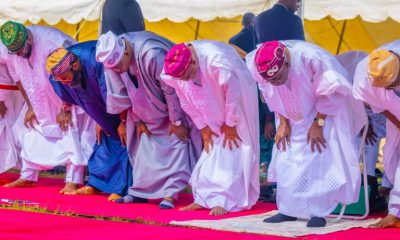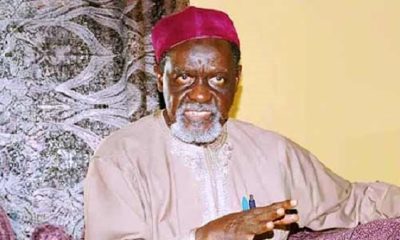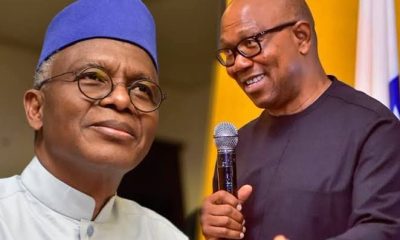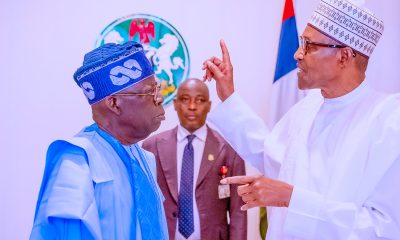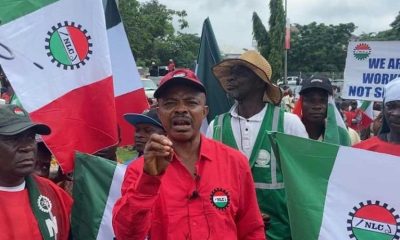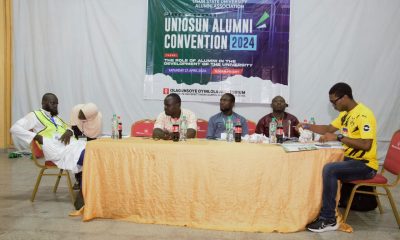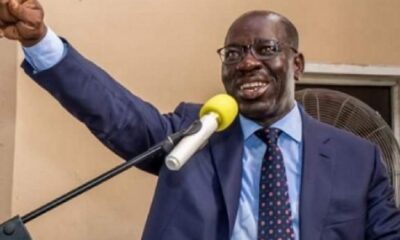News
JUST IN: Tinubu Appoints Olukoyede As EFCC Chairman
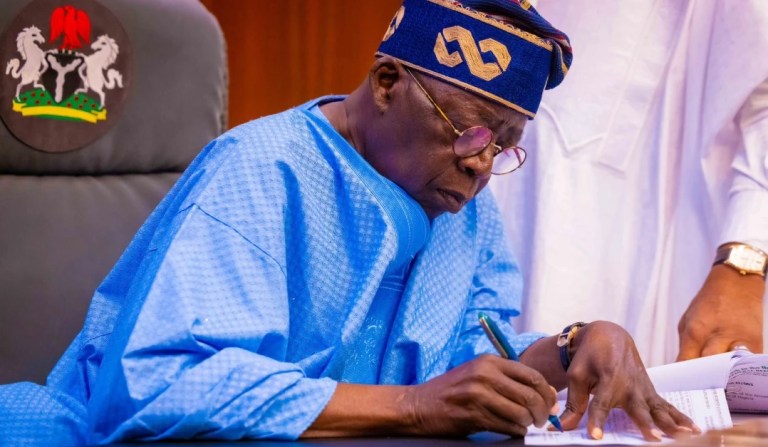
President Bola Tinubu on Thursday approved the appointment of Mr. Ola Olukoyede to serve as the Executive Chairman of the Economic and Financial Crimes Commission for a renewable term of four years in the first instance, pending Senate confirmation.
This comes nearly four months after he suspended the erstwhile anti-graft agency chief, Mr Abdulrasheed Bawa.
“Mr. Olukayode’s appointment follows the resignation of the suspended Executive Chairman of the EFCC, Mr. Abdulrasheed Bawa,” a statement signed by the President’s Special Adviser to the President on Media and Publicity, Ajuri Ngelale, read on Thursday.
The statement is titled ‘President Tinubu appoints new EFCC. Chairman and Secretary of the Commission.’
Olukoyede is a lawyer with over 22 years of experience as a regulatory compliance consultant and specialist in fraud management and corporate intelligence.
He has extensive experience in the operations of the EFCC, having previously served as Chief of Staff to the Executive Chairman (2016-2018) and Secretary to the Commission (2018-2023). As such, he fulfills the statutory requirement for appointment as Chairman of the EFCC.
President Tinubu also approved the appointment of Mr. Muhammad Hammajoda to serve as the Secretary of the EFCC for a renewable term of five years in the first instance, pending Senate confirmation.
Hammajoda is a public administrator with extensive experience in public finance management who holds a Bachelor of Science degree in Accounting from the University of Maiduguri and a Masters in Business Administration from the same university.
He began his career as a lecturer at the Federal Polytechnic, Mubi. From there, he went into banking, including successful stints at the defunct Allied Bank and Standard Trust Bank.
The president tasked the new leadership of the commission to justify the confidence given to them in this important national assignment as a newly invigorated war on corruption undertaken through a reformed institutional architecture in the anti-corruption sector remains a central pillar of the President’s Renewed Hope agenda.


